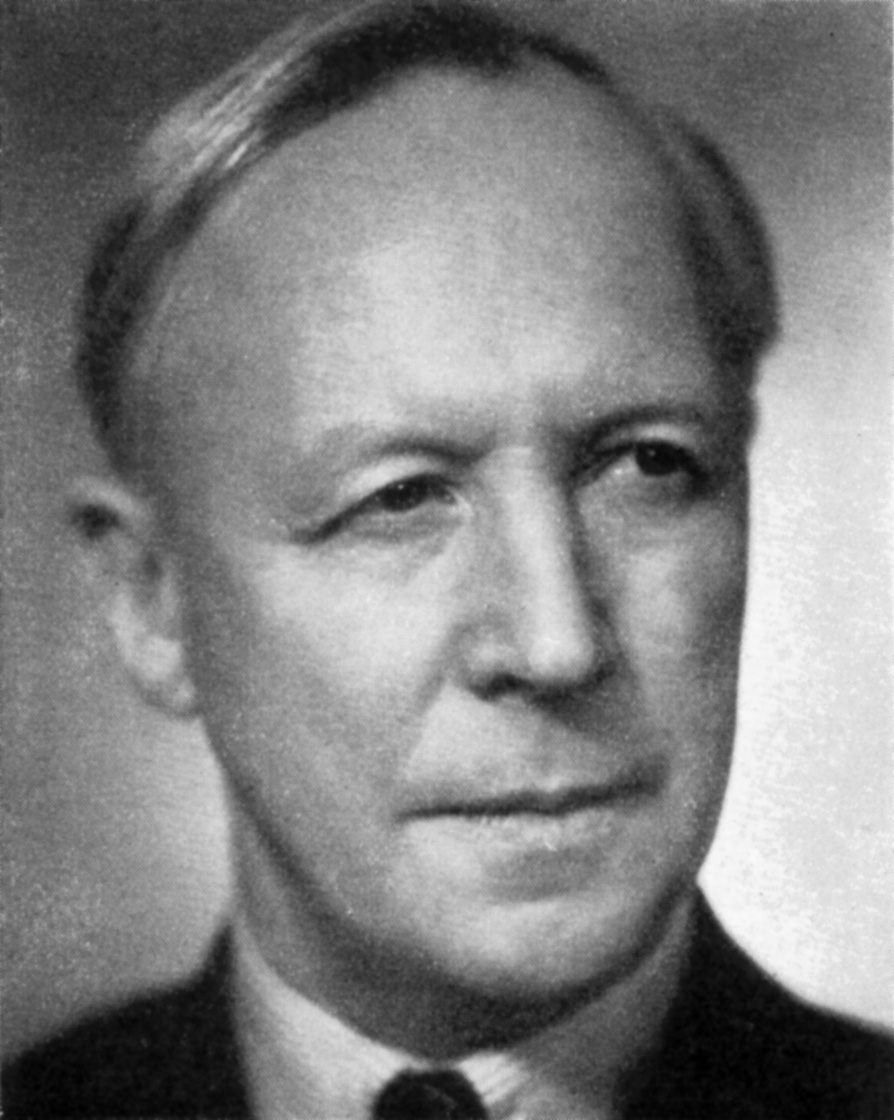- Ernst Wigforss
Infobox_Politician
name = Ernst Wigforss

caption =
birth_date =January 21 ,1881
birth_place =Halmstad ,Sweden
death_date =January 2 ,1977
death_place =
residence =
office =Finance minister
term_start =1925
term_end = 1926
predecessor =Fredrik Vilhelm Thorsson
successor =Carl Gustaf Ekman
constituency =
term_start2= 1932
term_end2 = 1936
predecessor2 =Felix Hamrin
successor2 =Vilmar Ljungdahl
term_start3 = 1936
term_end3 = 1949
predecessor3 =Vilmar Ljungdahl
successor3 =David Hall
party = Social Democratic Workers' Party
religion =
occupation =Docent
majority =
relations =
spouse =
children =
website =
footnotes =Ernst Johannes Wigforss (
January 24 1881 –2 January 1977 ) was a Swedish linguist (dialectologist), mostly known as a prominent member of the Social Democratic Workers' Party and Swedish Minister of Finance. Wigforss became one of the main theoreticians in the development of the Swedish Social Democratic movement’s revision ofMarxism , from a revolutionary to areformist organization. He was also inspiredand stood ideological close to the ideas ofFabian Society and theGuild Socialism and inspired by people like ,R. H. Tawney ,L.T. Hobhouse andJ. A. Hobson .He made contributions in his early writings aboutIndustrial democracy andWorkers' self-management .Born in the town of
Halmstad inHalland in south-western Sweden, Wigforss studied atLund University from 1899 and completed adoctorate in 1913 with a dissertation on the dialect of south Halland, becomingdocent inScandinavian languages at the university the same year. He taught at the gymnasium in Lund ("Lunds högre allmänna läroverk") 1911-1914 and as lecturer of German and Swedish at the Latin gymnasium inGothenburg from 1914.Wigforss had published on political issues before completing his dissertation work and was in 1919 elected a social democratic member of the First Chamber of the Swedish Parliament, representing Gothenburg, where he became member of various committees. He was appointed member of the third cabinet of
Hjalmar Branting in 1924, after Branting's resignation in January 1925 that ofRickard Sandler , and was made temporary Minister of Finance on 24 January, 1925 whenFredrik Thorsson fell ill, succeeding Thorsson on 8 May of the same year, following his death. The Sandler cabinet resigned onJune 7 ,1926 .He was again Minister of Finance in the cabinet of
Per Albin Hansson 1932–1936 and in the cabinet of Hansson and (from the former's death in 1946)Tage Erlander 1936–1949.Some say that Wigforss' economic policies were strongly influenced by
John Maynard Keynes , but it's more likely to argue that he anticipated Keynes, as he proposed counter-cyclical economic policy before becoming minister of finance from 1932 until 1949. But it is perhaps more accurate to claim that his main economic influences came fromKnut Wicksell and he inspired the younger people likeGunnar Myrdal and theStockholm school ,that worked in the same direction as Keynes at the same time.John Kenneth Galbraith writes in his book , 1991, that it "would be more fair to say "The Swedish Economic Revolution" than the "Keyneisan revolution" in economics, and that Wigforss was first in this transformation of the economical thinking and practice".In his pamphlet "Har vi råd att arbeta?" (can we afford working?), widely believed to have won the 1932 elections for the Social Democrats, he made fun of the Liberal theory that cuts is the proper remedy of economic downturns. Although he is considered as the creator of the Swedish high-tax economy, controversies with Minister for Social Affairs
Gustav Möller (who would have preferred taxing to have been even higher) prevented both from being elected party chairman and Prime Minister at the death of Hansson.After his resignation, Wigforss continued until his death to write and speak of political issues and was considered as one of the most innovative and daring Social Democrat politicians. For example he supported the
anti-nuclear movement of the fifties and contributed to the discontinuation of the Swedish nuclear arms programme in 1962.References
Socialism: A Very Short Introduction- Michael Newman (Oxford University Press, 2005)
Wikimedia Foundation. 2010.
